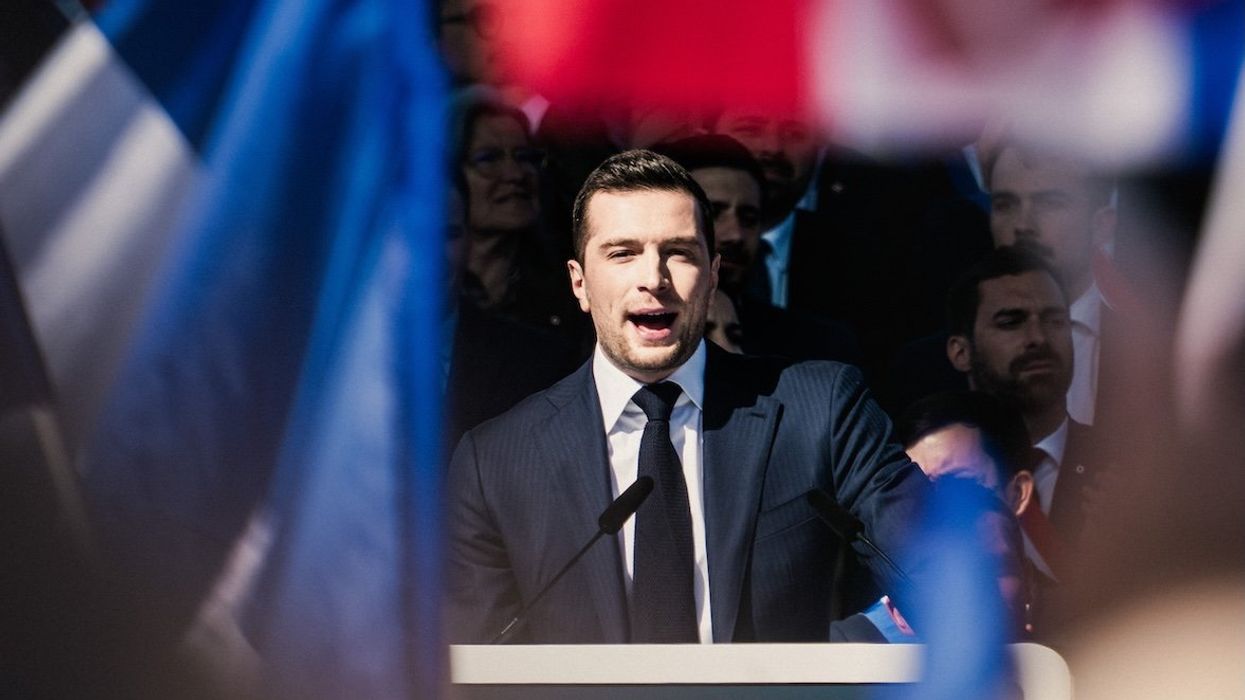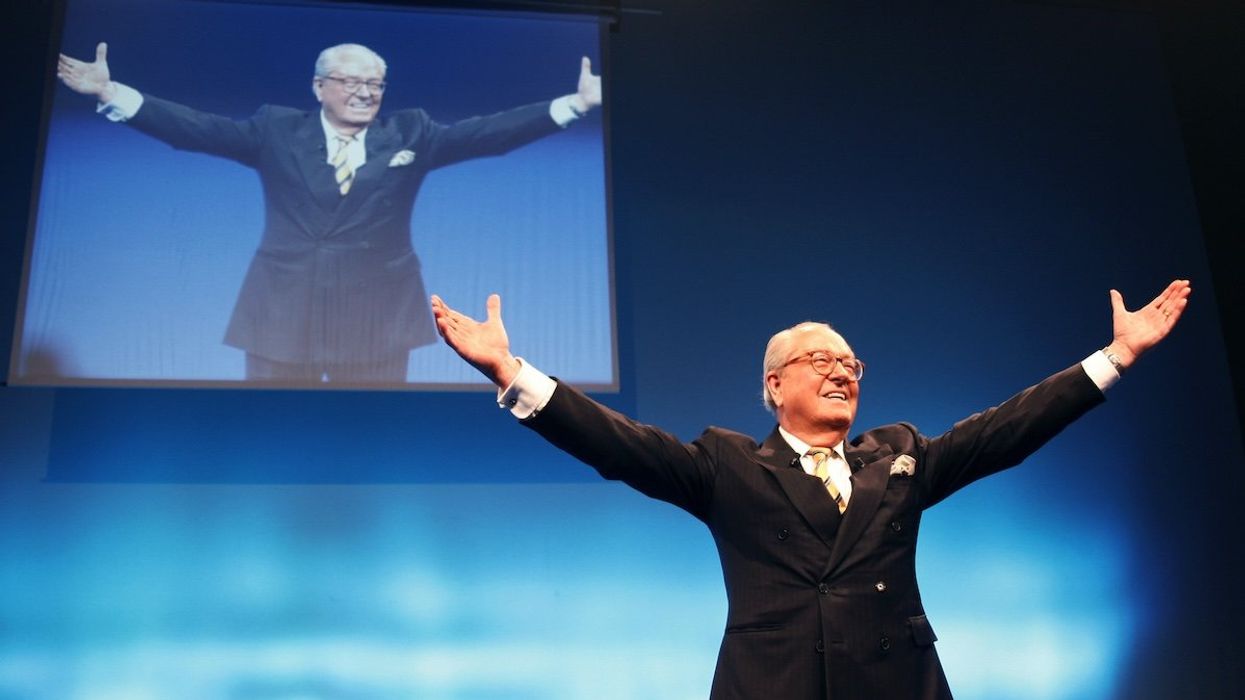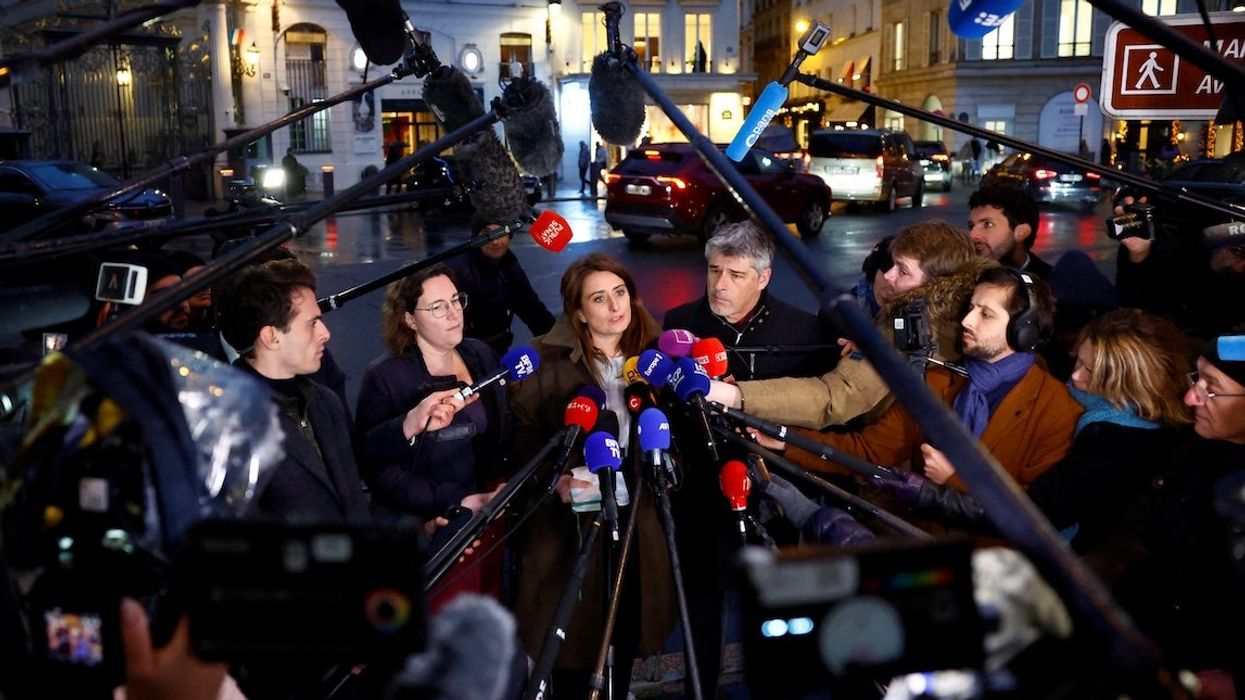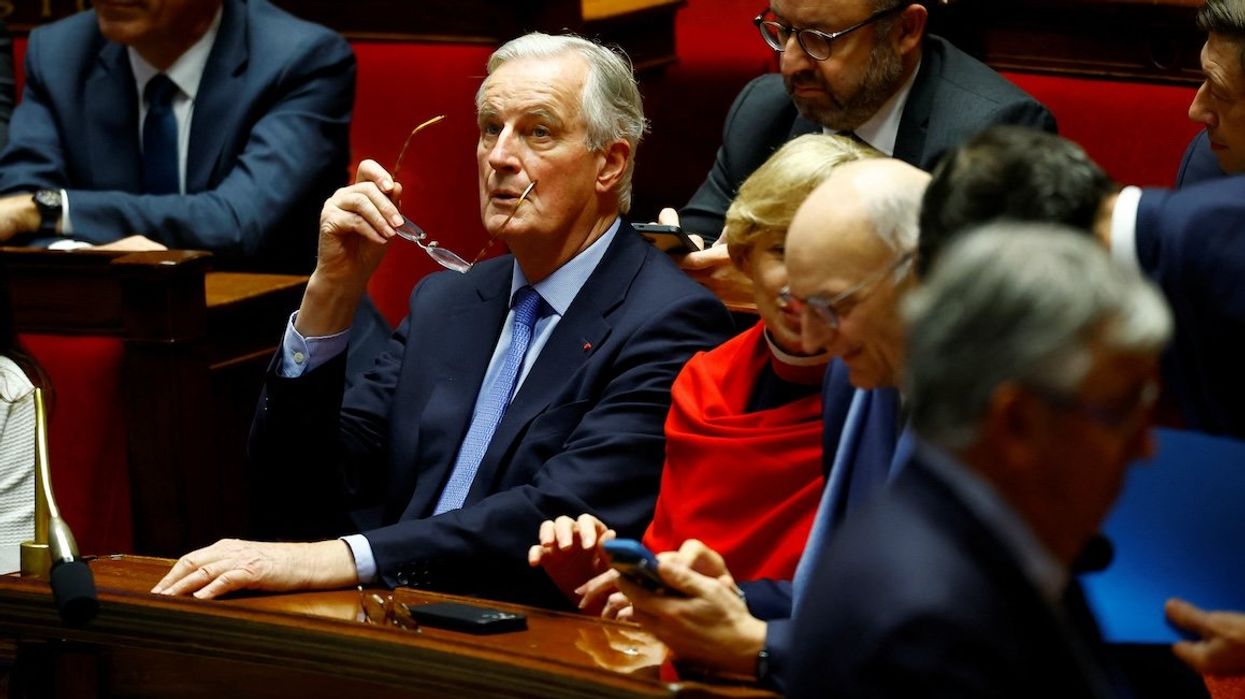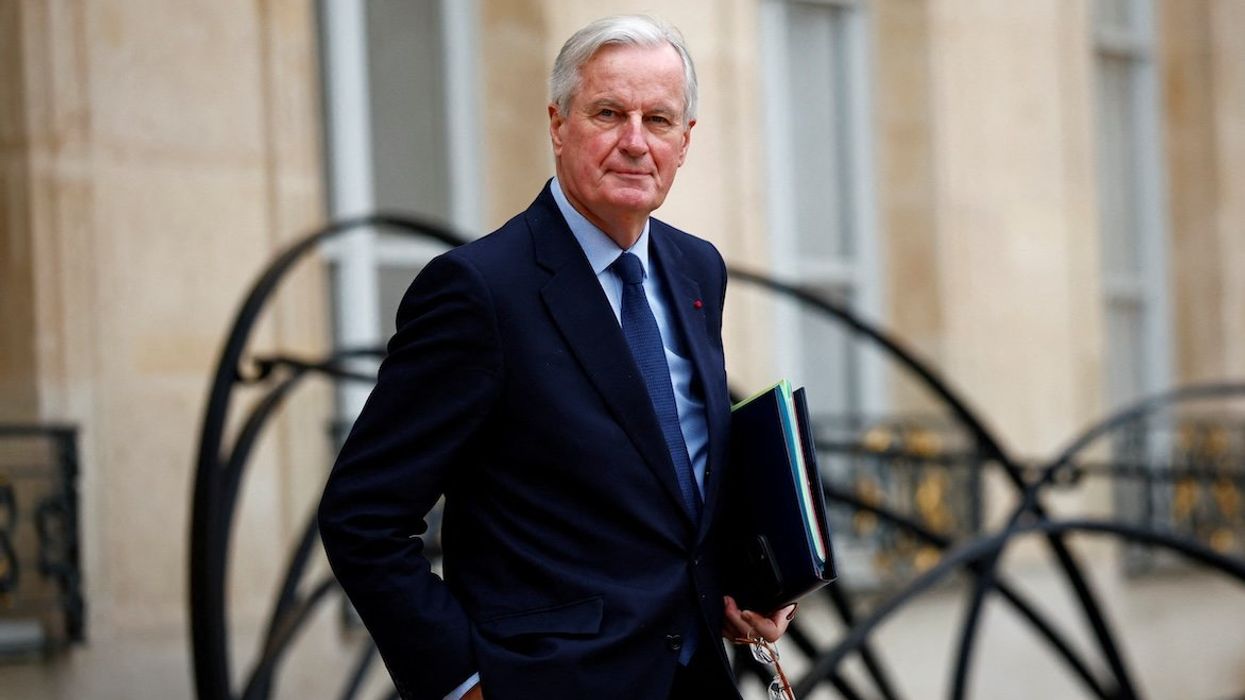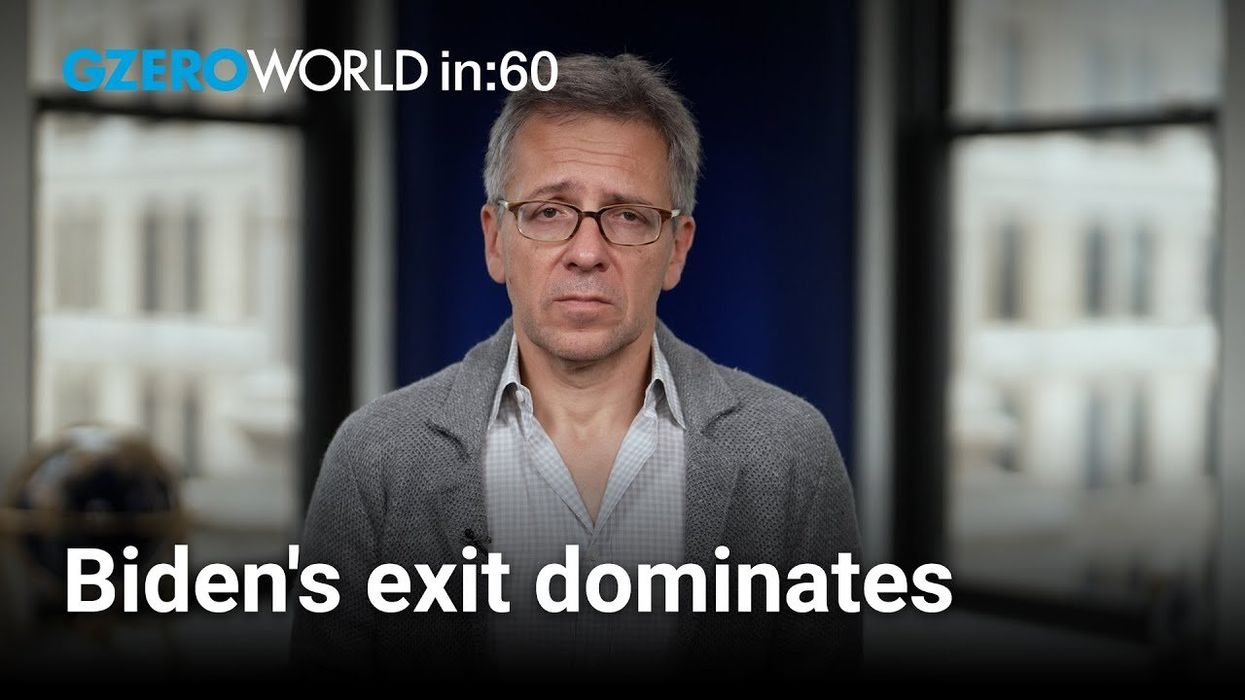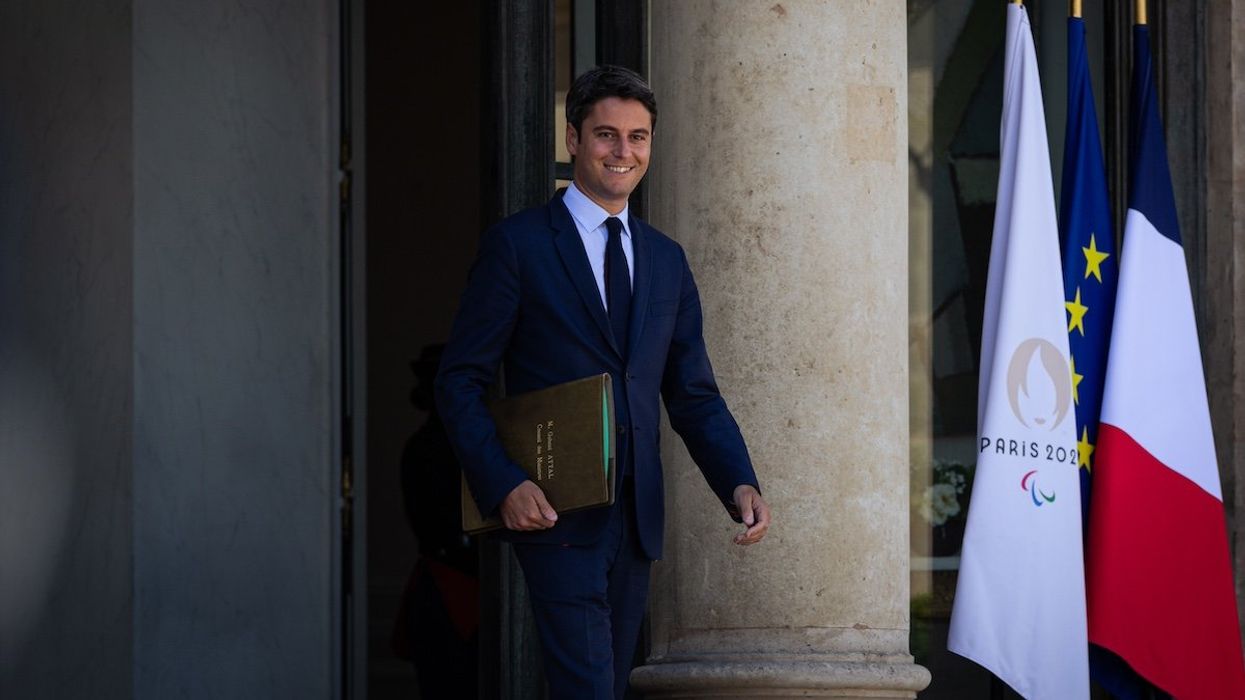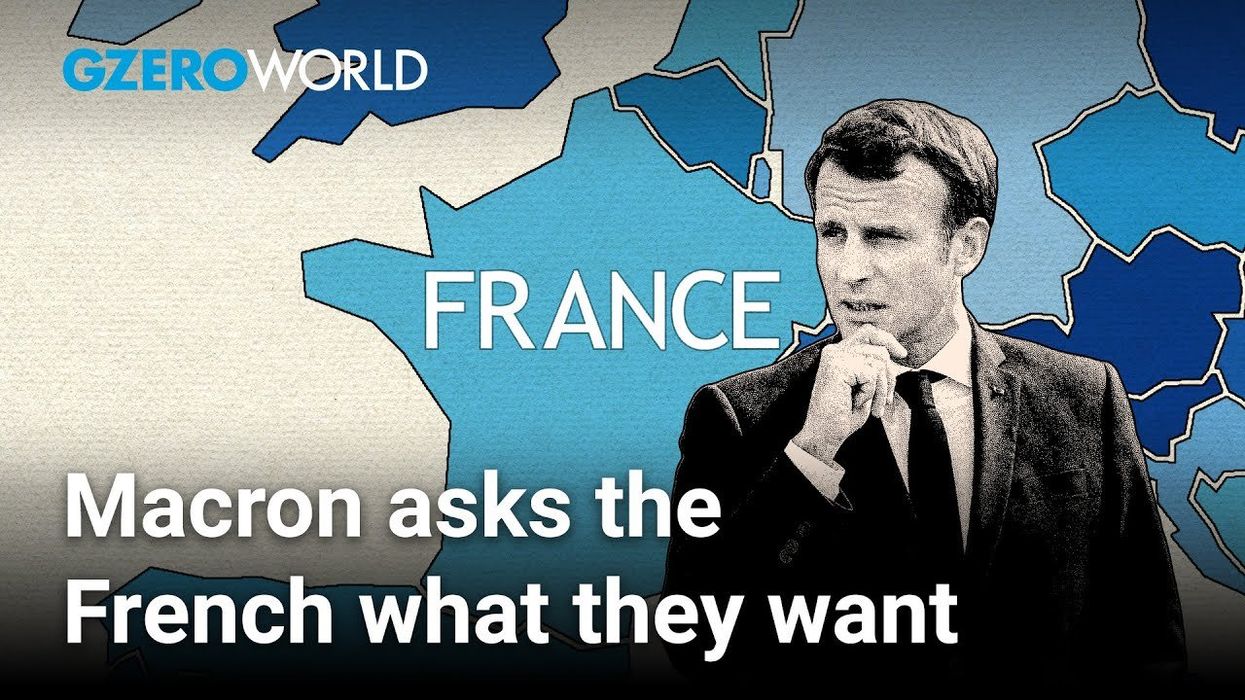What We're Watching
Could Jordan Bardella become France’s youngest president?
Jordan Bardella, the 29-year-old president of France’s far-right National Rally, aka RN, has announced his readiness to run for the country’s presidency in 2027 if current party leader Marine Le Pen remains barred from contesting the race.
Apr 27, 2025
